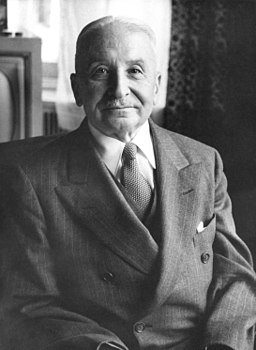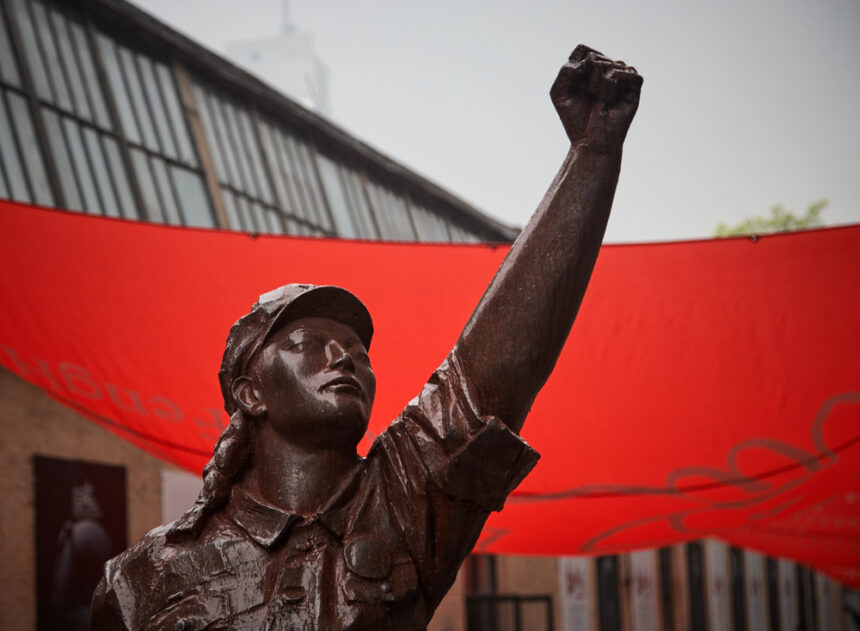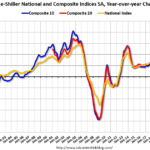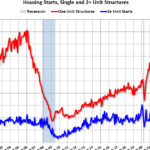The discussion of socialist calculations is firmly located within economics. But a look at philosophy reveals such insights. ludwig von mises give us and thereby deepen our understanding of socialism And the problem. It shows what we can learn about socialism through conceptual analysis and what such analysis does not tell us.
Philosophy reveals that there are analytic truths that explain why something is true based on its meaning. To ascertain what is analytically true requires conceptual analysis, that is, examining a concept and exploring what it contains. After doing this, you can also look up the meaning of the concept. If it is impossible for p to be true and not q, that is, if q is not the case, then P implies q. Implications therefore necessarily indicate what is true. But why all the fuss about analytic truths? They occupy an exalted position because they are irrefutable and do not depend on empirical matters.
Let’s look at socialism, an economic system. Analyzing the concept of socialism, we can see that it is an economic system in which there is collective ownership of the means of production, equivalent to a system in which the group (or someone else from this group) plans the use of these means. It becomes clear. It is a planned economy of production.
With this in mind, let’s look at the price. Analyzing this concept reveals that price is an exchange ratio (at least in the sense that Mises understood this concept and considered it relevant). Therefore, without exchange, we cannot have a price (of the means of production). This is because an exchange ratio exists only if an exchange takes place. But if collective ownership exists, this means that there can be no exchange. This is because exchange requires the existence of at least two parties, each of whom owns some means of production. Therefore, in socialism, prices cannot exist. As for prices, speaking positively from a semantic point of view, they only arise when people exchange, and that requires people to have more than one property.

Therefore, the analytical insight regarding socialism and prices is that prices cannot exist in a socialist system. There is nothing empirical or speculative about this insight. Rather, abstract analysis shows that there can be no prices in socialism. As long as my analysis is correct, this is not debatable. All I can think of is to show that my analysis of the concept was wrong. But if my analysis is accurate, it will provide a valueless and irrefutable insight into what socialism and prices are and what will happen next.
This is why Mises, in particular, criticized Karl Polanyi for not having a clear understanding of what socialism was and for oscillating between socialist and syndicalist systems. “The flaw in (Polanyi’s) structure lies in its vagueness, which avoids the core question of socialism or syndicalism.” Mises wrote in response to Polanyi.
But having thus established that there can be no prices in socialism, it is necessary to consider the following. result Lack of such a price. This is not an analytical question, or at least not a purely analytical question. The consequences of the inevitable absence of prices for the means of production in a planned economy depend on empirical conditions and factors. This much was already clear Mises in his 1920 paper.
For economically isolated farmers, it will not be difficult to distinguish between the expansion of pasture farming and the development of activities in the hunting sector. In such cases, the production process involved is relatively short and the associated costs and revenues can be easily estimated. However, the conditions necessary for the success of an enterprise to be started are so diverse that a merely vague valuation cannot be applied, and more accurate estimates and judgments of the actual economic issues involved are required. is a completely different issue. .
What else does his recognition that in simple situations the absence of prices have no, or at most negligible, effect mean? It is therefore clear that we need to examine the empirical situation to assess the consequences in the absence of prices. For this purpose, the analytical power of the insight that prices do not exist is not enough.
Max Molden is a PhD student at the University of Hamburg. He has collaborated with the European Students for Freedom and Prometheus (Das Freiheitsinstitut). He publishes regularly in Der Freydenker.





